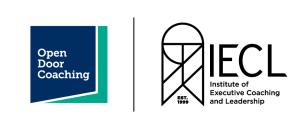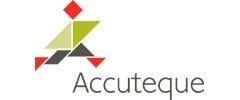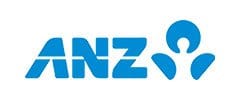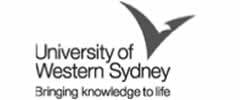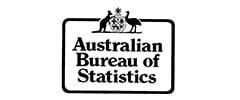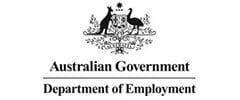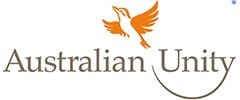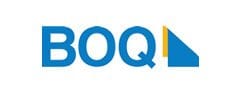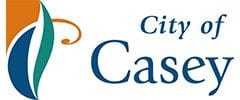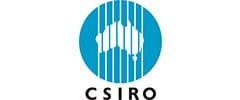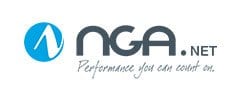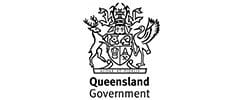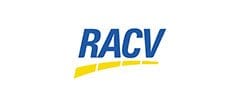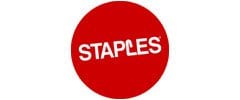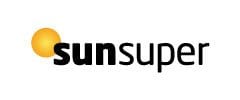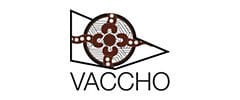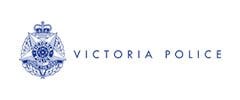Bad questions have a negative on the people around us in the workplace. With that in mind, you’d be surprised how many ineffective questions are out there in the workplace. Undoubtedly, they create defensiveness, judgement and break rapport. Furthermore, they generally do not hit the mark. Therefore, we need to focus not only on ineffective questions, but how to turn them around.
The impact of ineffective questions
We need to avoid ineffective questions. This is important because bad questions will break rapport. Furthermore, create defensiveness and shut down the person we are talking to. Not only that, ineffective questions reduce choice and options for the coachee. But also, the coach is getting into the coaching space, rather than staying out of the space.
The most serious mistakes are not being made as a result of wrong answers. The truly dangerous thing is asking the wrong questions ~
My all-time ‘favourite’ ineffective questions
Can you believe that during our coaching workshops managers have actually asked the following questions:
- Should we tell them (the graduates) how bad it is around here? Or should we just let me find out. Because we have to be honest right?
- Also, what do you do when you know your team has no strengths? Like when they have no strengths at all?
- What do you do if they are just plain stupid and have no clue?
16 types of questions to avoid
We’ve compiled a list of questions to avoid. You can pick them all up by listening to the webinar. Undoubtedly there would be more. However, our aim is to definitely avoid these types of questions. Here are a few to get you thinking:
- Why questions, including why did you do that?
- Closed questions, for example: Do you understand? Or Does that make sense?
- Thought bubbles, such as: I don’t know what they’re thinking!
- Stacked questions, like what are you seeing or what are you thinking?
- Swearing or inappropriate questions, for example: how stupid is that?
Continually building our coaching skills
As coaches we are continually building our ability to ask powerful questions. Importantly, our Certificate IV in Workplace and Business Coaching (10834NAT) provides you with a complete toolkit. Furthermore, our Diploma of Organisational Coaching (10835NAT) provides advanced questioning techniques. Especially if you are seeking to address the ICF core competencies around direct questioning. Importantly, as we build our competency as coaches, we are role modelling effective questions. Undoubtedly, at the same time, helping people avoid ineffective, even bad questions.
Enjoy your coaching!
FREE Coaching Cafe Webinar
Every week our team of experts present “Coaching Cafe” webinar with topics for Managers, Leaders, Business Owners, and everyone who wants to be a better workplace coach, leading their teams to higher productivity, better outcomes and a happier, healthier workplace.
